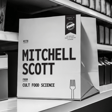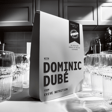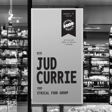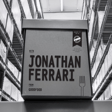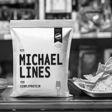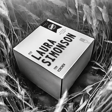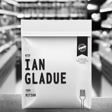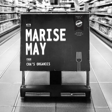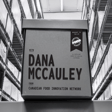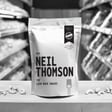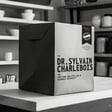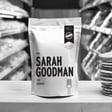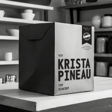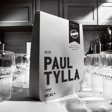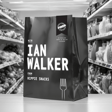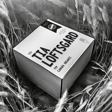
Jasmine Byrne | Big Mountain Foods
In this episode of Aisle 42, we chat with Jasmine, co-founder of Big Mountain Foods, about the brand's journey, family culture, and mission to make allergen-free, plant-based foods that are healthy and delicious.
Jasmine talks about shifting from mental health work to building the brand with her mom, as well as the challenge of getting kids to love healthy food.
We also dive into their product lineup, how they're growing in Canada and the US, and the tricky reality of profitability in food manufacturing. AND Jasmine shares how they're reusing byproducts like Okara and working towards a circular economy.
Learn more at https://bigmountainfoods.com/.
Want help scaling your food or beverage brand? Learn more at https://www.ethicalfoodgroup.com/.
Here's a summary of this interview:
Jasmine’s vision for the future of food: Healthy eating should be the norm, starting from childhood, rather than an exception.
The unique family dynamic at Big Mountain Foods, working alongside her mom who’s a talented chef.
The challenges of scaling a plant-based food brand, including supply chain pressures and mental health burnout.
How the brand evolved from a tiny cafe veggie patty to today’s wide lineup, including innovative products like fava bean tofu.
Insight into the allergen-friendly market and the shift from “what’s not in it” to “what’s in it” storytelling for consumers.
The hurdles and opportunities of entering the US market, including faster adoption of regenerative and organic claims compared to Canada.
Jasmine’s take on profitability in CPG—acknowledging that until you reach $20M in sales, profitability remains a steep climb.
How the brand’s nimbleness and collaborative network led to a lightning-fast launch of their new roast product at Costco.
Sustainability initiatives: upcycling tofu byproducts like Okara back into their products, and exploring uses in other industries like biofuel.
Jasmine’s optimism for building a circular economy and using every part of the process to reduce waste and create new opportunities.

